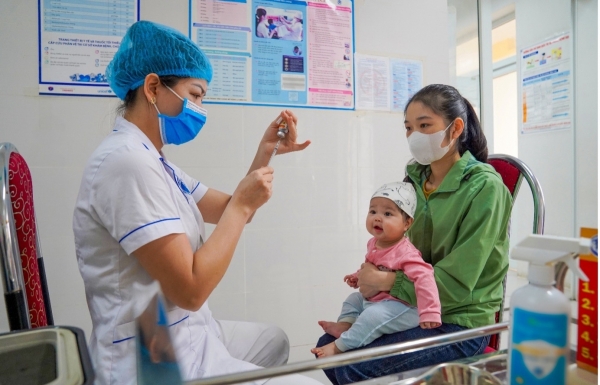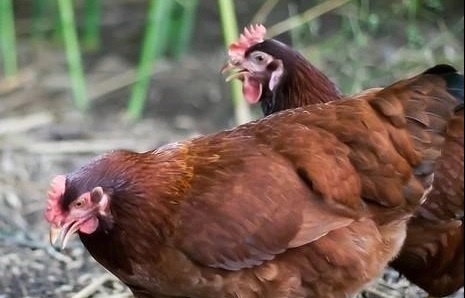INTERNATIONAL INVESTMENT
AND PORTAL
Many countries in Asia are reporting a sharp rise in flu cases. The intensified rainy season is fuelling transmission and creating ideal conditions for the virus to spread.
In a single week, Thailand recorded more than 30,000 new cases. Meanwhile, Japan declared a national flu epidemic on October 3 after confirming more than 6,000 patients that week.
The Philippines has also surpassed epidemic thresholds, with a 10 per cent increase in private hospital admissions. In response, all public schools in Metro Manila suspended face-to-face classes on October 13-14. Similar upward trends have also appeared in Taiwan and Singapore, reflecting a broader regional surge.
Health experts warn that older adults are most at risk of severe flu complications including pneumonia and heart attacks, hospitalisation, and even death. This concern is growing as Southeast Asia's population ages rapidly.
The World Health Organisation (WHO) projects that the proportion of people aged over 60 in the region will nearly double, from 12.2 per cent in 2024 to 22.9 per cent by 2050. Despite the rising need for protection, influenza vaccination coverage among the elderly remains low, leaving millions at higher risk of severe illness each flu season.
Recognising this gap, Sanofi, in collaboration with the Vietnam National Institute for Control of Vaccines and Biologicals (NICVB) and the Malaysian Society of Infection Control and Infectious Diseases (MyICID), organised on September 30 a regional webinar titled “Shielding Golden Years: The Power of Flu Vaccines for Older Adults”. The event gathered leading experts and engaged nearly 700 healthcare professionals from across Southeast Asia.
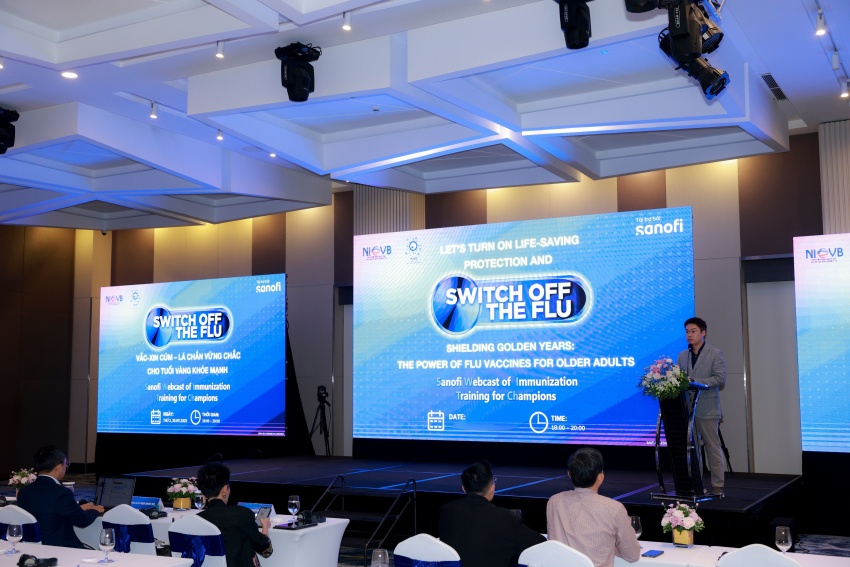 Photo: Sanofi
Photo: Sanofi
Dr. Steven CL Lim, MD, MRCP, president of the MyICID, emphasised that older adults are the most vulnerable to severe outcomes from influenza due to ageing immune response, frailty, and comorbidities. “The flu virus infection exacerbations underlying chronic medical conditions, leading to an increased risk for hospitalisation and death. Influenza vaccination should be part of standard care for the elderly, especially those with chronic diseases,” he said.
Assoc. Prof. Pham Quang Thai, MD, MPhil, PhD, head of the Expanded Immunisation Office for the Northern Region of Vietnam, highlighted that among older adults in Vietnam, annual influenza hospitals are 154 per cent higher, and mortality rates 700 per cent higher than those in the 50 to 64 age group. However, vaccination coverage among adults aged 65 and above remains low at just 5.55 per cent, far below the WHO target of 75 per cent.”
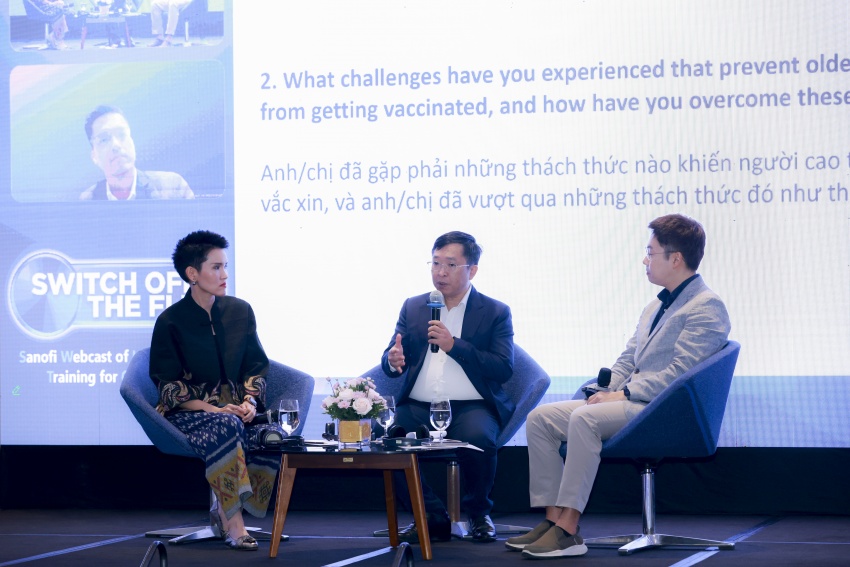 Photo: Sanofi
Photo: Sanofi
"Flu vaccines offer meaningful protection against severe outcomes such as hospitalisation and complications in this vulnerable population," said Prof. Sasisopin Kiertiburanakul, MD, MHS, vice president of the Infectious Disease Association of Thailand (IDAT). "The priority is ensuring that older adults choose the right vaccines available to prevent serious flu-related outcomes." She called for stronger awareness and regional collaboration to improve vaccine access and better protect Southeast Asia's ageing population.
Dr. Ruby Dizon, head of medical for Sanofi Vaccines Southeast Asia and India, emphasised, “As the global leader in advanced influenza prevention solutions, Sanofi's commitment is to deliver Protection Beyond Flu. We ensure people have access to vaccines with proven better protection against influenza infection and its severe complications. By raising the bar in influenza prevention, we are striving to set new standards in public health as we move closer to our vision.”
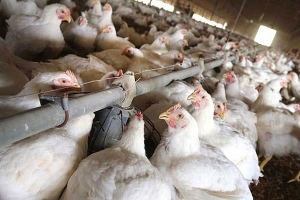 Philippines issues temporary ban on imported poultry from US
Philippines issues temporary ban on imported poultry from US
The Philippine Department of Agriculture (DA) has issued a temporary ban on the import of domestic and wild birds and their products from the US following an avian virus outbreak in South Carolina.
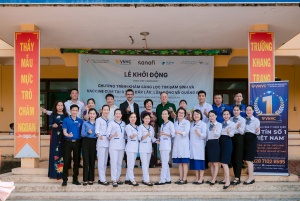 Sanofi steps up efforts to boost community health in Vietnam
Sanofi steps up efforts to boost community health in Vietnam
Sanofi is continuing to step up its efforts to promote community health in Vietnam.
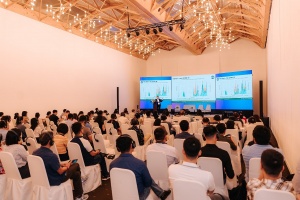 Sanofi hosts series of seminars on influenza
Sanofi hosts series of seminars on influenza
Sanofi Southeast Asia and India organized a series of scientific seminars on influenza between November 11-13 in Ho Chi Minh City, attracting over 400 healthcare professionals from around the globe.
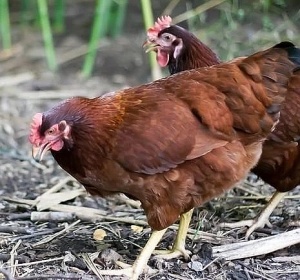 Cambodia reports new death of H5N1 influenza
Cambodia reports new death of H5N1 influenza
H5N1 influenza normally spreads between sick poultry, but it can sometimes spread from poultry to humans.
By Bich Thuy


